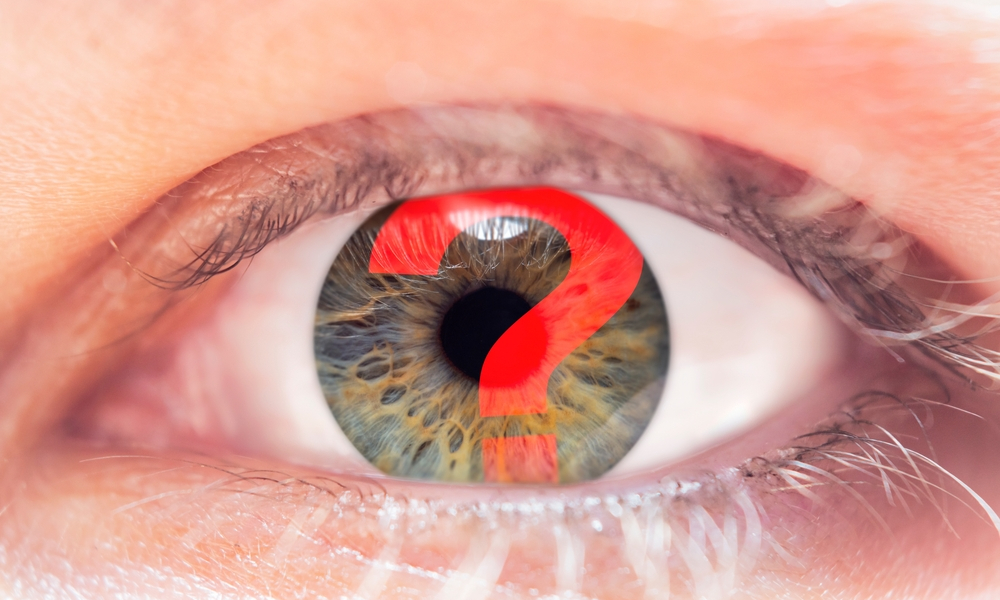Diabetes is a complex condition that can lead to various complications, including damage to the eyes. Diabetic retinopathy, one of the most common issues, can progress to blindness if untreated.
Central to managing these complications is blood sugar control, a vital element in effective diabetic eye disease treatment. This article explores how managing blood sugar levels directly impacts eye health and why it is critical for preserving vision.
Understanding Diabetic Eye Disease
Diabetic eye disease encompasses a range of vision problems caused by high blood sugar levels over an extended period. Among these, diabetic retinopathy is the most prevalent, characterized by damage to the tiny blood vessels in the retina. When blood sugar levels remain elevated, these vessels can weaken, swell, or leak, disrupting the retina’s function.
High blood sugar can also lead to macular edema, where fluid builds up in the macula, impairing central vision. Left unchecked, these conditions can lead to vision loss, underscoring the importance of preventive and proactive care.
The Link Between Blood Sugar and Eye Health
Uncontrolled blood sugar affects the eyes in multiple ways. It damages the delicate blood vessels in the retina, accelerates oxidative stress, and promotes inflammation—all contributing to the progression of eye disease. Frequent fluctuations in blood sugar levels can also cause short-term vision changes due to swelling in the eye lens.
Maintaining stable blood sugar levels reduces the strain on retinal blood vessels, minimizing damage and slowing the progression of conditions like diabetic retinopathy. By doing so, patients can delay or even prevent the need for invasive interventions such as laser surgery or injections.
Blood Sugar Management: A Key Pillar in Treatment
Effective blood sugar management is a cornerstone of diabetic eye disease treatment. It involves a combination of lifestyle changes, medication, and regular monitoring. A healthy diet, rich in vegetables, whole grains, and lean proteins, plays a significant role in stabilizing glucose levels. Regular exercise also helps improve insulin sensitivity, making it easier to keep blood sugar under control.
In addition to lifestyle changes, many individuals rely on medications like insulin or oral antidiabetic drugs. These help regulate blood sugar levels more effectively, particularly for those struggling to achieve control through diet and exercise alone.
The Role of Regular Eye Exams
Even with optimal blood sugar control, regular eye exams are critical for early detection and treatment of diabetic eye complications. Annual dilated eye exams allow ophthalmologists to identify early signs of damage, often before symptoms appear. Early detection significantly increases the effectiveness of treatments and reduces the risk of severe complications.
For individuals diagnosed with diabetic retinopathy or macular edema, eye exams may be recommended more frequently. These exams also provide an opportunity to evaluate how well blood sugar levels are being managed and whether adjustments to treatment plans are needed.
Collaborative Care: A Holistic Approach
Successful management of diabetic eye disease requires a collaborative approach involving multiple healthcare providers. Endocrinologists, primary care physicians, and ophthalmologists work together to create a comprehensive care plan. This ensures that blood sugar control aligns with specific eye treatment needs, offering patients the best chance of preserving their vision.
Patients are also encouraged to take an active role in their care by monitoring blood sugar levels at home and following prescribed treatment regimens diligently. Consistent self-care can prevent complications and contribute to better overall outcomes.
Long-Term Benefits of Blood Sugar Management
The benefits of maintaining good blood sugar control extend beyond preserving vision. Stable blood sugar levels also reduce the risk of other diabetes-related complications, such as kidney disease and nerve damage. For individuals with diabetic eye disease, this holistic improvement in health contributes to a better quality of life.
Moreover, research shows that strict blood sugar control can even reverse some early stages of retinal damage. This emphasizes the importance of proactive management, not only as a preventive measure but also as part of ongoing care.
Conclusion
Blood sugar management is a foundational aspect of diabetic eye disease treatment, playing a pivotal role in preventing and slowing vision-related complications. By combining stable glucose control with regular eye exams and a collaborative healthcare approach, patients can significantly reduce the risk of severe outcomes.
If you or a loved one has diabetes, prioritize blood sugar management as a central part of your care plan. Regular eye check-ups and a proactive approach to health will not only help protect your vision but also enhance your overall well-being.




